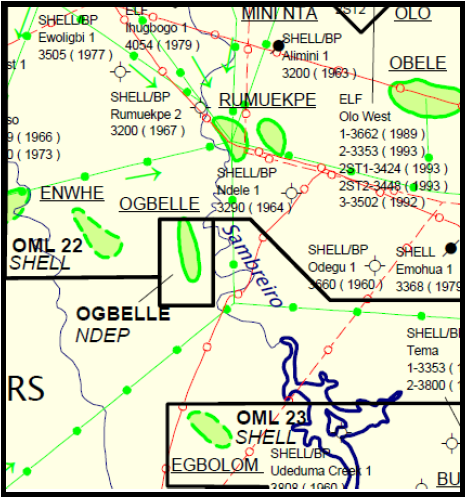Case Study: Breaking the Cycle of Poverty through Empowerment

Poverty and Socioeconomic Development
Beneficiary: Hon. Chinelo Innocent Anugoli
Location: Obumeze Community
Impact
Poverty alleviation
Skill development and capacity building
Enhanced income generation
Read from Hon. Chinelo Innocent Anugoli
My name is Hon. Chinelo Innocent Anugoli. I am one of the women leaders from Obumeze Community. Before Aradel introduced its economic empowerment programme in my community, life was very difficult for us women. We all engaged in subsistence farming to support our husbands and children. For me, I was a crop farmer, engaged in cassava and cocoa yam farming. I could barely produce enough to feed my family let alone have some to sell to make money to buy more seeds and fertilizer.
However, in 2010 Aradel, through its Host Community Development Trust, drove a sustainable Community Development Initiative, in partnership with a Non-Governmental Organisation brought in experts to help train the women in the following areas:
Food Farming and Animal Husbandry
Women Farmers were trained (twice a year over a period of two years) in better farming methods for improved cultivation of the Cassava plant. These included training in the best ways to plant, the use of fertiliser, better harvesting techniques and processing methods that resulted in increased yields. The training focused on improving the quality of food crops, cassava processing and rearing of snails. In addition, the women were taught occupational and entrepreneurial skills that helped boost our income.
In continuing support of our farming projects, in 2021, Aradel provided fertiliser valued at N7 million for women in my community. I was a beneficiary and the fertiliser helped greatly in boosting the production of cassava and other crops in my community.
Skill Acquisition And Income Generating Schemes for Women and Girls
The first training session involved 60 participants (15 each from four communities). It consisted of a five- day programme that focused on how to make beads, soaps, bags, and slippers, as well as the art of making tie and dye fabrics. The second training for 20 participants (five each from four communities) focused on Tailoring and Hair Dressing. For each session, the participants underwent an apprenticeship programme for six months with identified practitioners of the relevant skills thus ensuring that at the end of the programme, the trainees were fully equipped to become entrepreneurs in their own right.
Micro Credit Scheme
To facilitate the establishment of micro businesses by the trainees on graduation, a Micro Credit Scheme was set up to ensure the availability of seed capital for those wishing to start businesses. The Micro Credit Scheme was operated by a Non-Governmental Organisation and many women benefited from this scheme and were able to pay back our loans. Many of us are now engaged in businesses such as tailoring, hair dressing, snail farming, cassava processing and other activities, in addition to training others.
Personally, I was able to establish a tailoring shop that not only provided me with an income, but I became an employer of labour by taking on girls and young women in the community as apprentices who then learned the skills from me. Some of these women have gone on to establish their own micro businesses with the help of the Micro Credit Scheme.
Between 2010 and 2017, 20 women from my community (and each of the other communities) were each given a N100,000 grant to help in the establishment of businesses with respect to the vocations they had been trained in. This grant was given annually to each woman for a period of 5 years (until 2017) after the initial grant to ensure that the businesses are well established and sustainable.

